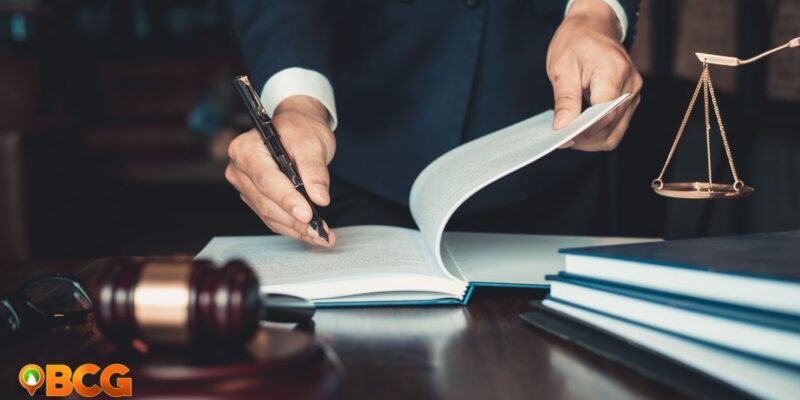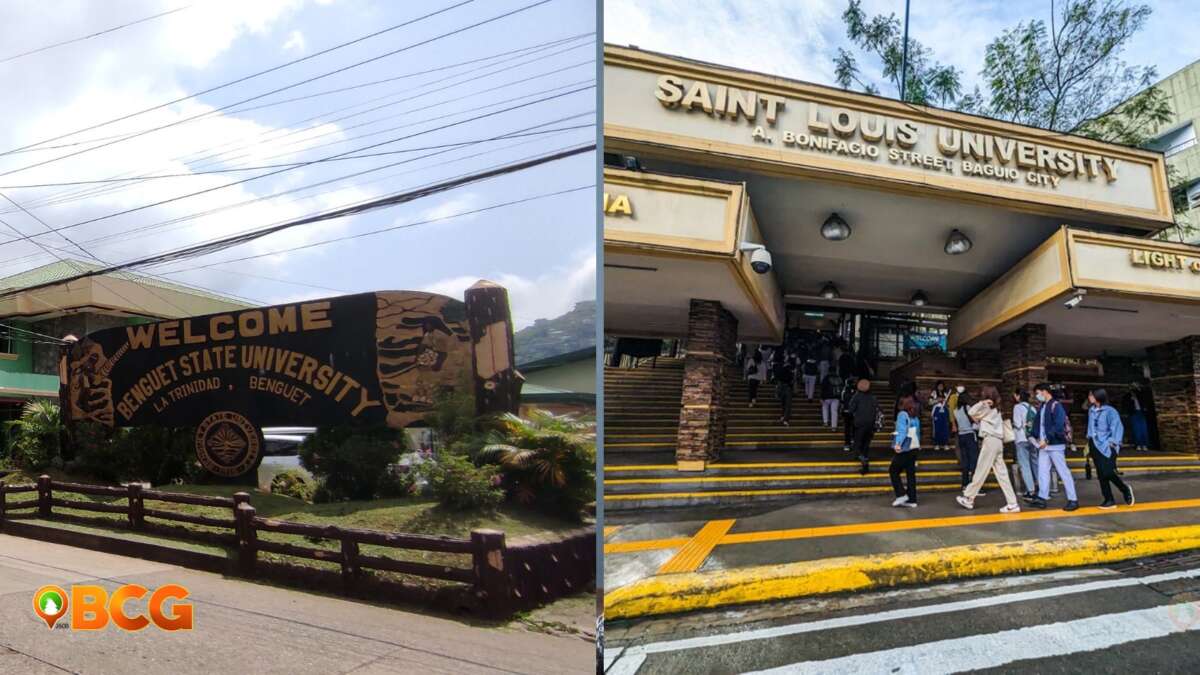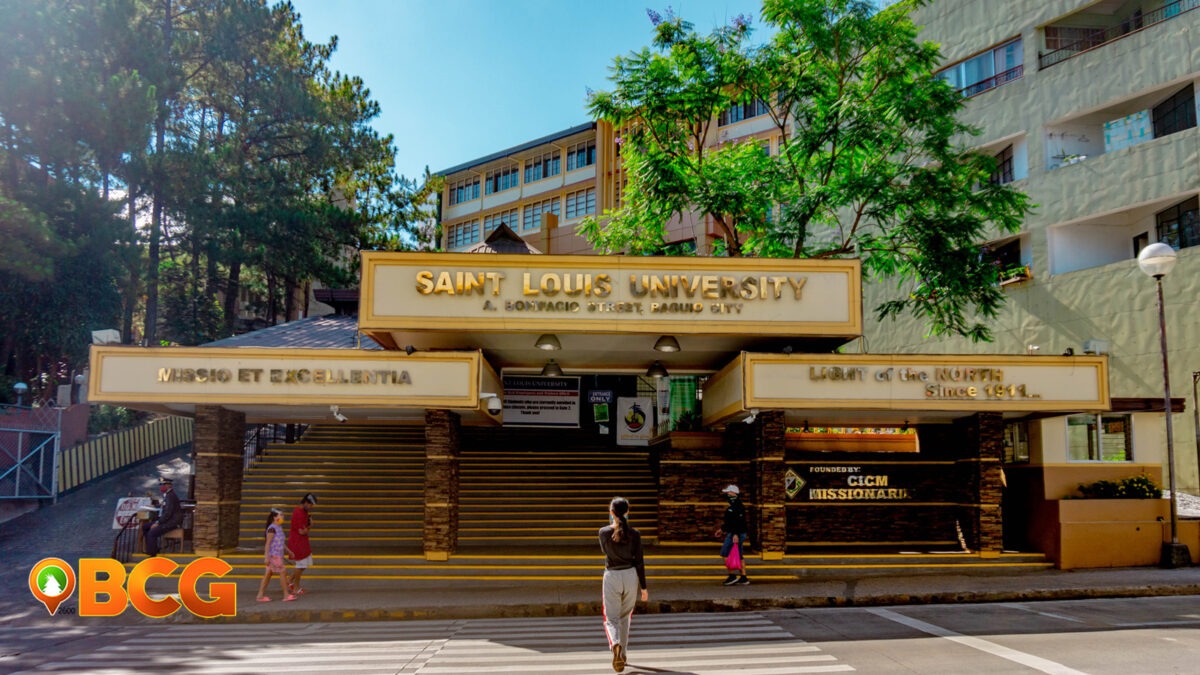Supreme Court Shortens Bar Exam to 2 Days and Reduces Exam Coverage
The Supreme Court (SC) has decided to shorten the 2020/2021 Bar exams to two days and reduce the exam coverage amidst the emergence of the Omicron variant of COVID-19 and the effects of the Typhoon Odette.
In a press statement released by the SC on Tuesday, the examinations with the revised coverage will be held on January 23, 2022, Sunday, and January 25, 2022, Tuesday. From the usual eight subjects, the coverage has been revised into four sets of exams.
All examinees are strongly advised to self-quarantine starting January 9, 2022, or at least two weeks before the Bar Examinations.
Each examinee will undergo an antigen test at least 48 hours before the first examination. Those who will test positive under the antigen test shall immediately undergo a confirmatory RT-PCR test. Those who will test positive both under an antigen test and an RT-PCR test will not be admitted to their testing sites.
2020/21 Bar Exams Coverage
As per Bar Bulletin No. 31, s. 2022, the subjects and their respective weights are as follows:
| DAY ONE (January 23, 2022) | ||
|---|---|---|
| Morning exam | The Law Pertaining to the State and Its Relationship with Its Citizens (formerly Political Law, Labor Law, and Taxation Law) | 30% (18 questions) |
| Afternoon exam | Criminal Law | 15% (15 questions) |
| DAY TWO (January 25, 2022) | ||
| Morning exam | The Law Pertaining to Private Personal and Commercial Relations (formerly Civil Law and Commercial Law) | 30% (18 questions) |
| Afternoon exam | Procedure and Professional Ethics (formerly Remedial Law, Legal Ethics, and Practical Exercises) | 25% (18 questions) |
Scope and Distribution of Questions
A. The Law Pertaining to the State and Its Relationship with Its Citizens – 18 questions
- Constitutional Law – 11 questions
- Basic principles of political law (e.g., separation of powers, sovereignty, judicial review, fundamental powers of the State, i.e., police power, eminent domain, and taxation)
- Bill of Rights (due process, equal protection, freedom of expression, rights during expropriation, searches and seizures) iii. Composition and powers of the government organs
- Judicial review
- Supervision of courts
- Powers of the Supreme Court
- Qualifications, disqualifications, and selection of the president, senators, members of the House of Representatives, justices and judges, the ombudsman, and constitutional commissioners
- Immunity of the president, privileges of senators and members of the House of Representatives
- Structure of government (composition, functions, powers and privileges, separation of powers, and system of checks and balances)
- Process of legislation
- Natural resources (nationalization principle for natural resources and economic activities)
- Amendment and revision of the Constitution (Article XVII)
- International Law – 1 question
- Sources of international law
- Relationship with domestic law
- Labor Law – 3 questions
- Basic principles
- Existence of employer-employee relationship; tests
- Termination of employment
- Requirements for valid labor-only contracting
- Rights of employees and of labor organizations; membership in unions
- Management prerogative
- Illegal recruitment of overseas Filipino workers
- Remedies (labor standards violations)
- Taxation Law – 3 questions
- Basic principles of taxation in the Constitution
- Income tax
- Value-added tax
- Donor’s tax
- Remedies (jurisdiction of courts, prescription, remedies against assessment notices)
B. Criminal Law – 15 questions
- Basic principles (e.g., territoriality, actus reus, mens rea)
- Justifying, exempting, mitigating, aggravating, and alternate circumstances
- Application of the Indeterminate Sentence Law
- Service of sentence
- Effect of death of the accused
- Crimes against persons
- Crimes against property
- Crimes against liberty
- Crimes against public interest
- Republic Act No. 9262 (Anti-Violence Against Women and Their Children Act of 2004)
- Republic Act No. 7610 (Special Protection of Children Against Abuse, Exploitation, and Discrimination Act)
- Republic Act No. 11313 (Safe Spaces Act)
- Republic Act No. 10173 (Data Privacy Act of 2012)
C. The Law Pertaining to Private Personal and Commercial Relations – 18 questions
- Civil Law – 12 questions
- Legal personality, capacity to act
- Marital relationships
- Property (concept of property, ownership, co-ownership, right of accession, easement, nuisance)
- Obligations
- Contracts (in general, loans and mortgages, interest)
- Torts, Quasi-delicts
- Damages
- Commercial Law – 6 questions
- Corporations (kinds of corporations, including corporations sole; composition of /membership in board of directors; powers, duties and prerogatives of boards of directors and stockholders; and articles of incorporation and by-laws)
- Intra-corporate dispute (concept)
- Intellectual property (copyright, including fair use principle and moral rights)
- Insurance (what can be insured, claims for life insurance)
- Republic Act No. 10173 (Data Privacy Act of 2012)
D. Procedure and Professional Ethics – 18 questions
-
- Remedial Law – 12 questions
- Civil Procedure
- Criminal Procedure
- Appeal (Rules 41, 45)
- Original Cases (Rule 46)
- Small Claims
- Evidence
- Special civil actions (expropriation, certiorari, prohibition, mandamus, quo warranto)
- Special proceedings (habeas corpus, habeas data, writ of amparo, Rules of Procedure for Environmental Cases)
- Ethics – 4 questions
- Qualifications for new lawyers (includes those who reacquire citizenship)
- Code of Professional Responsibility (including duties incorporated in the Lawyer’s Oath)
- Disqualifications/inhibitions for judges
- Direct and indirect contempt
- Practical Exercises – 2 questions
- Parts of conveyancing, affidavits
- Parts of pleadings, motions
- Remedial Law – 12 questions
Bar examinees are advised to review Bar Bulletin No. 25, s. 2021 to be guided on the Bar Chairperson’s instructions to examiners for the types of questions to be asked and how answers will be checked. Examinees must also familiarize themselves with Bar Bulletin No. 30, s. 2021 to know what to expect during the Bar Examinations proper.
To emphasize, only the basic concepts of the areas mentioned in this Bar Bulletin will be covered by the examinations.
SOURCE: Supreme Court















